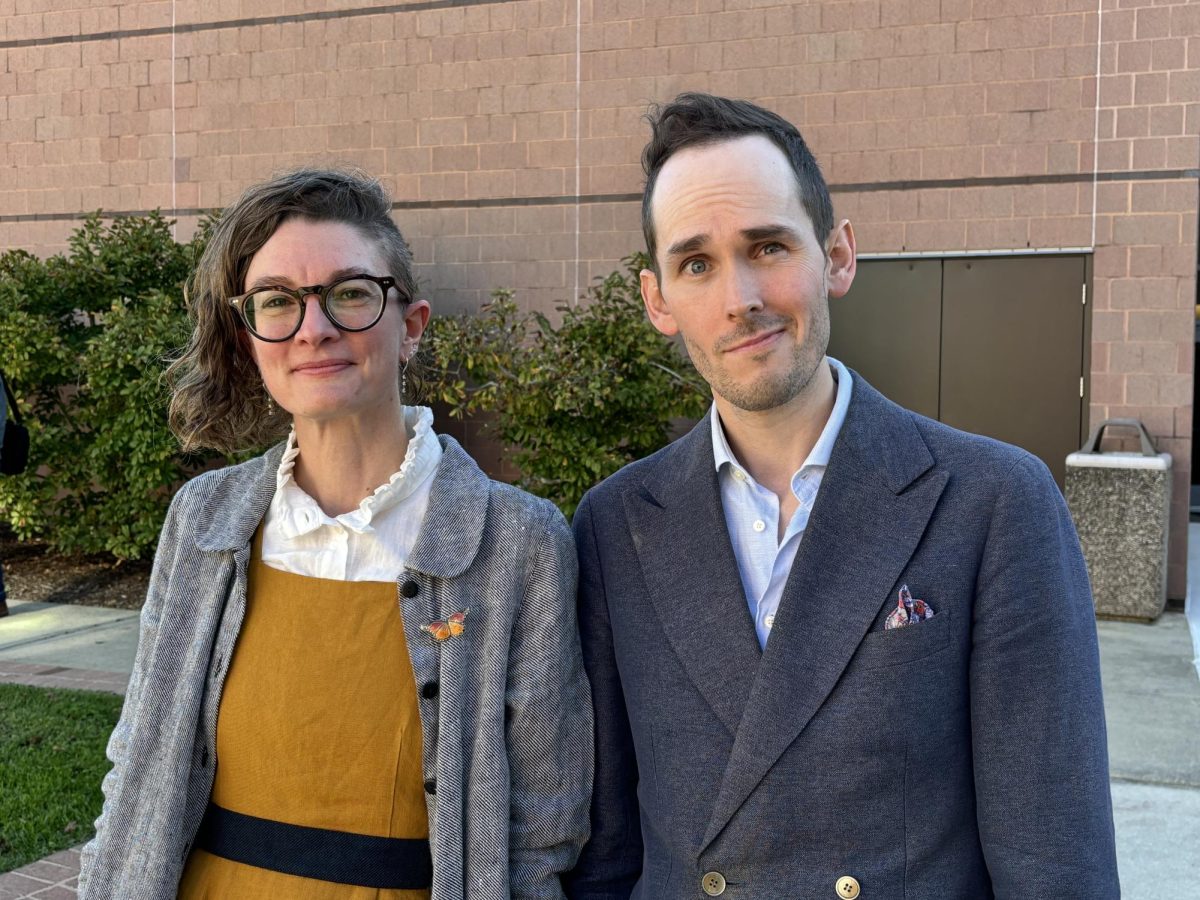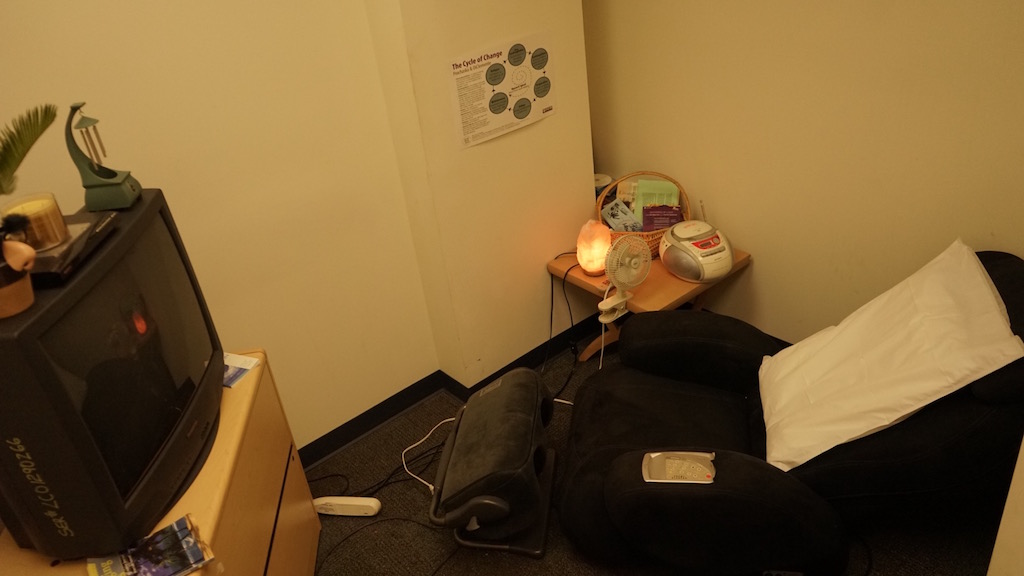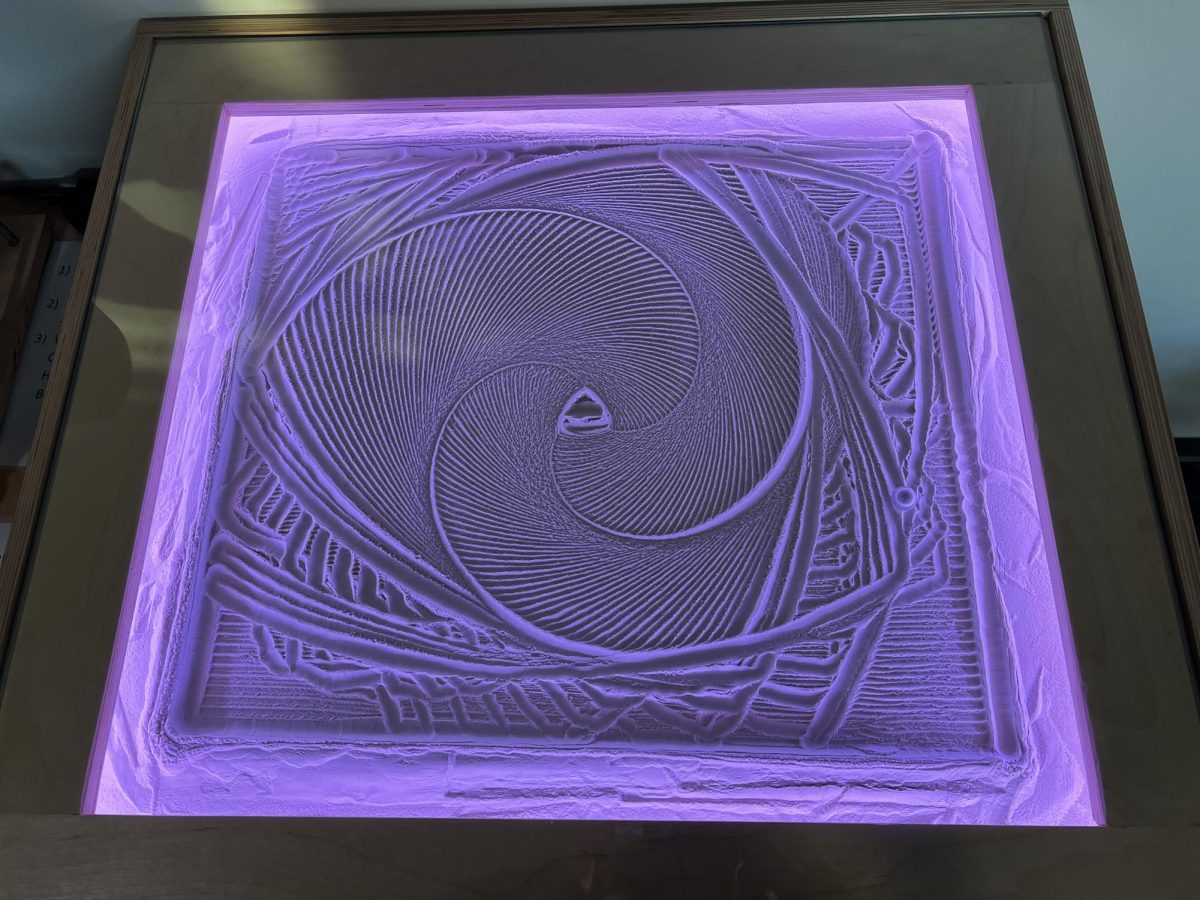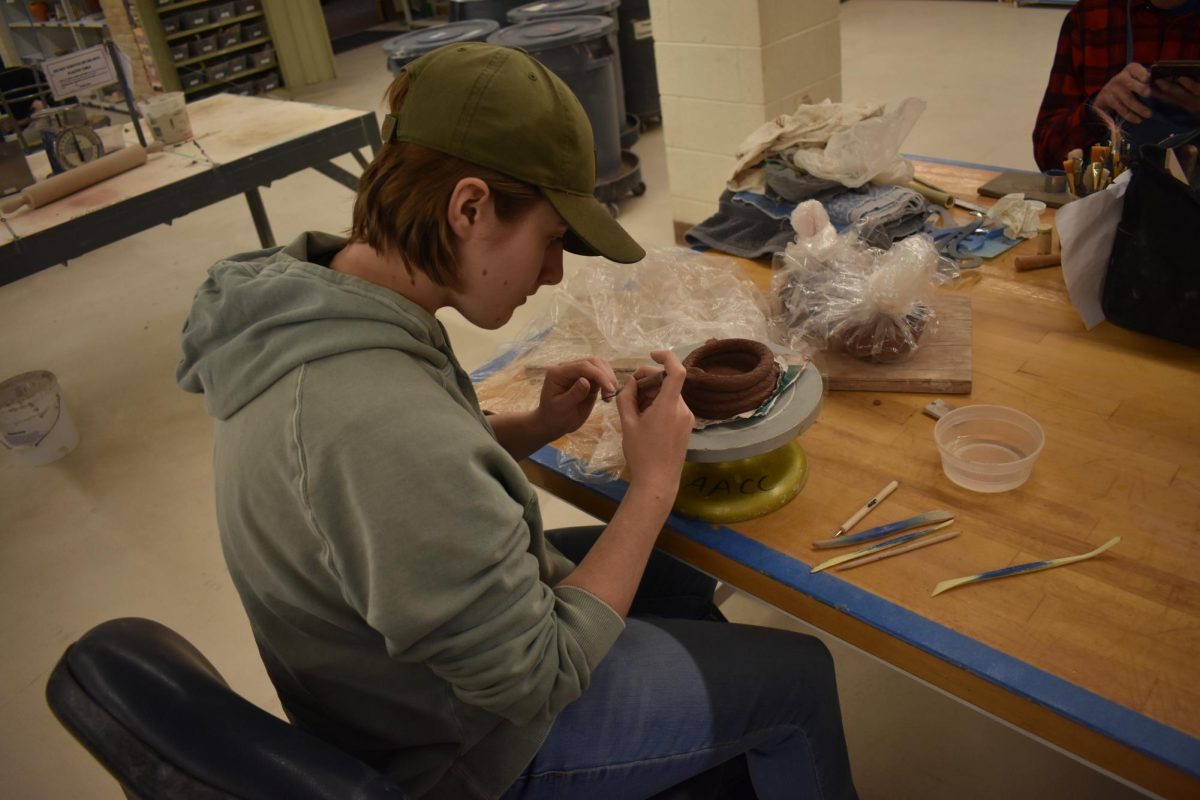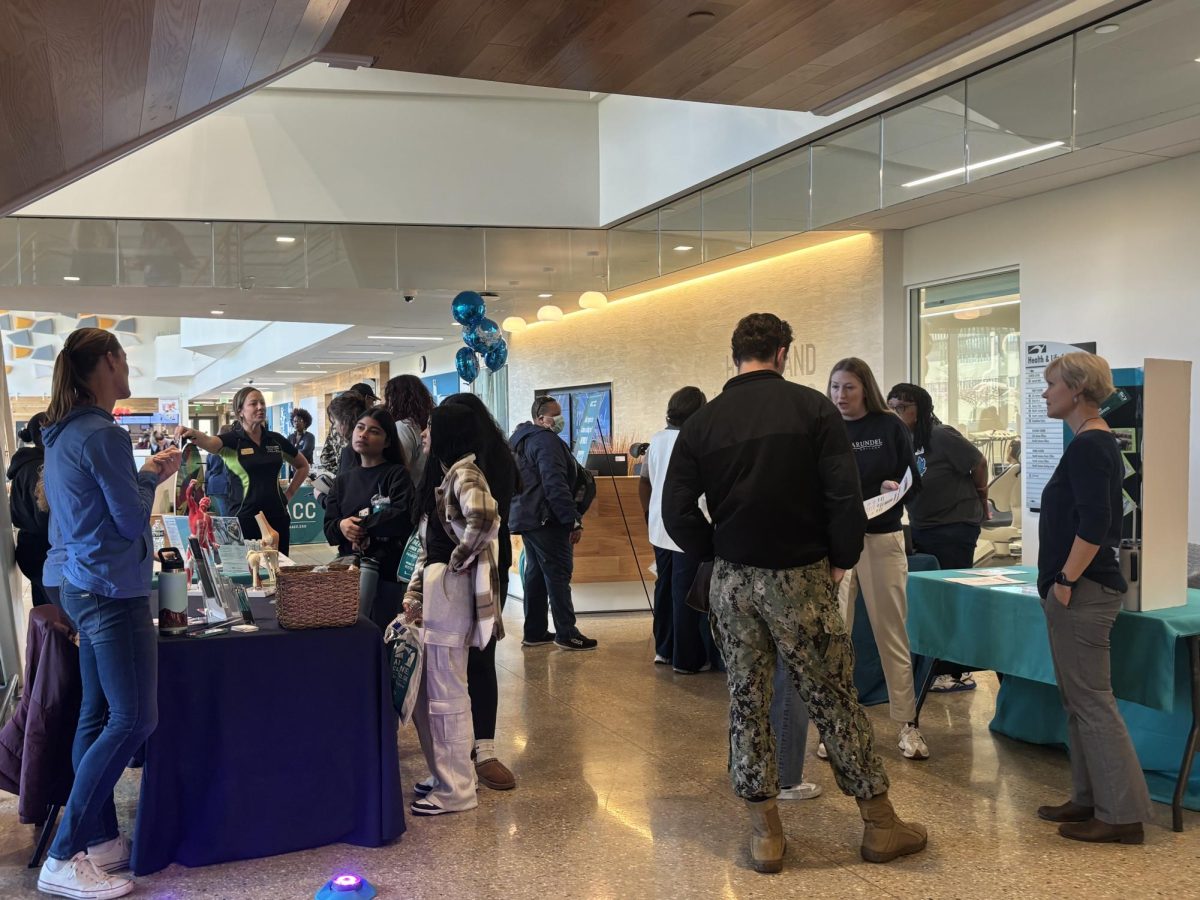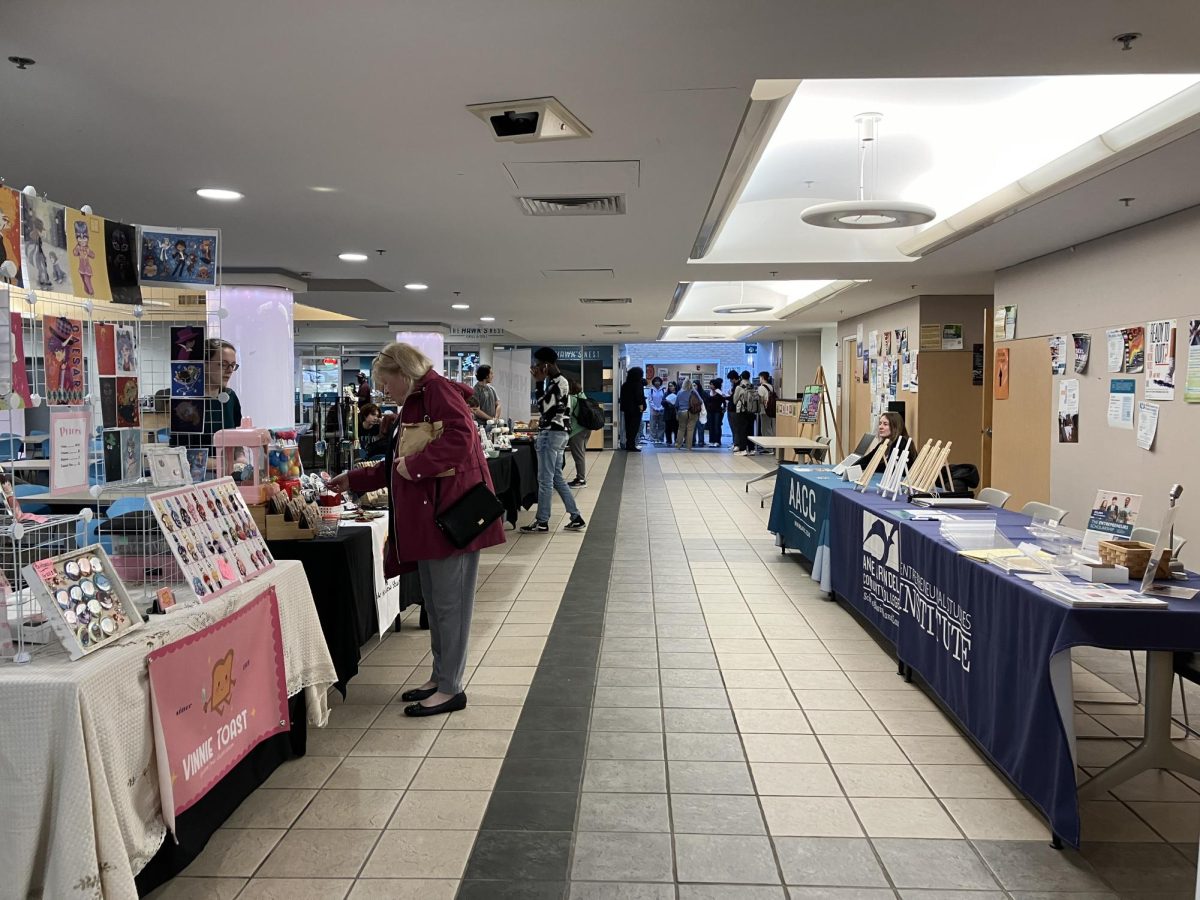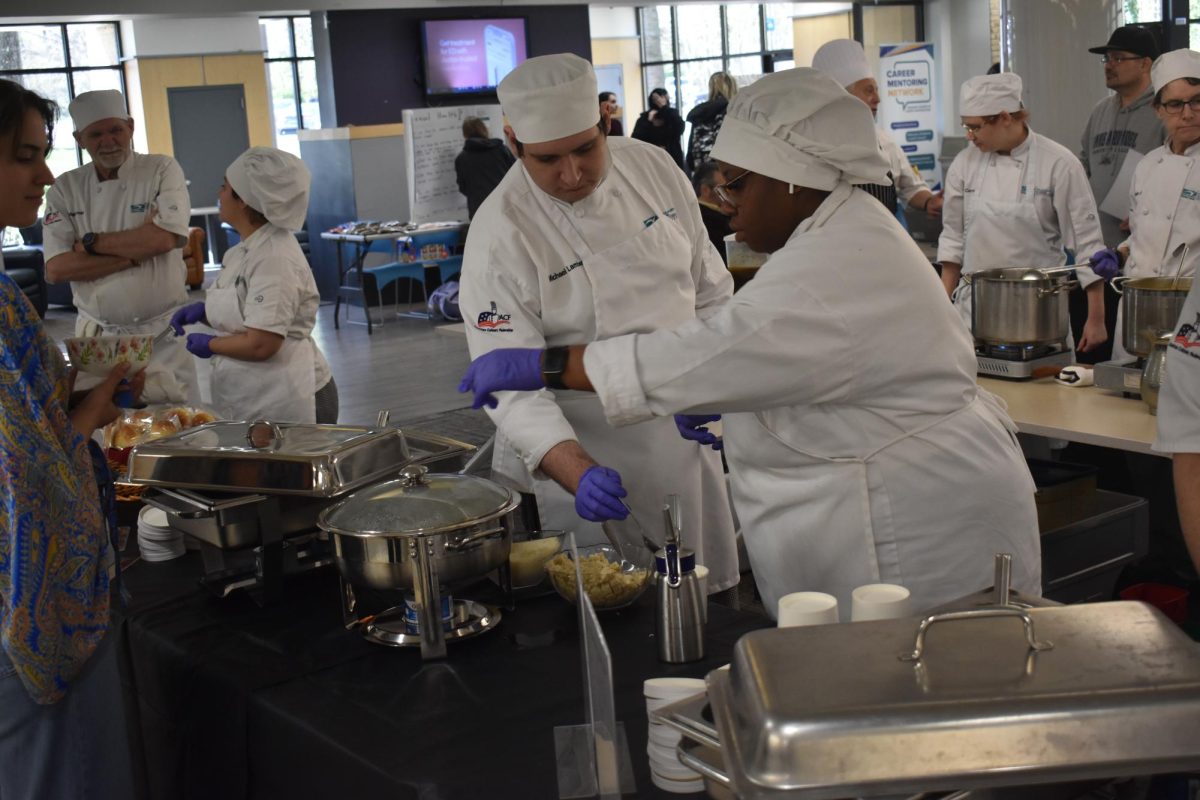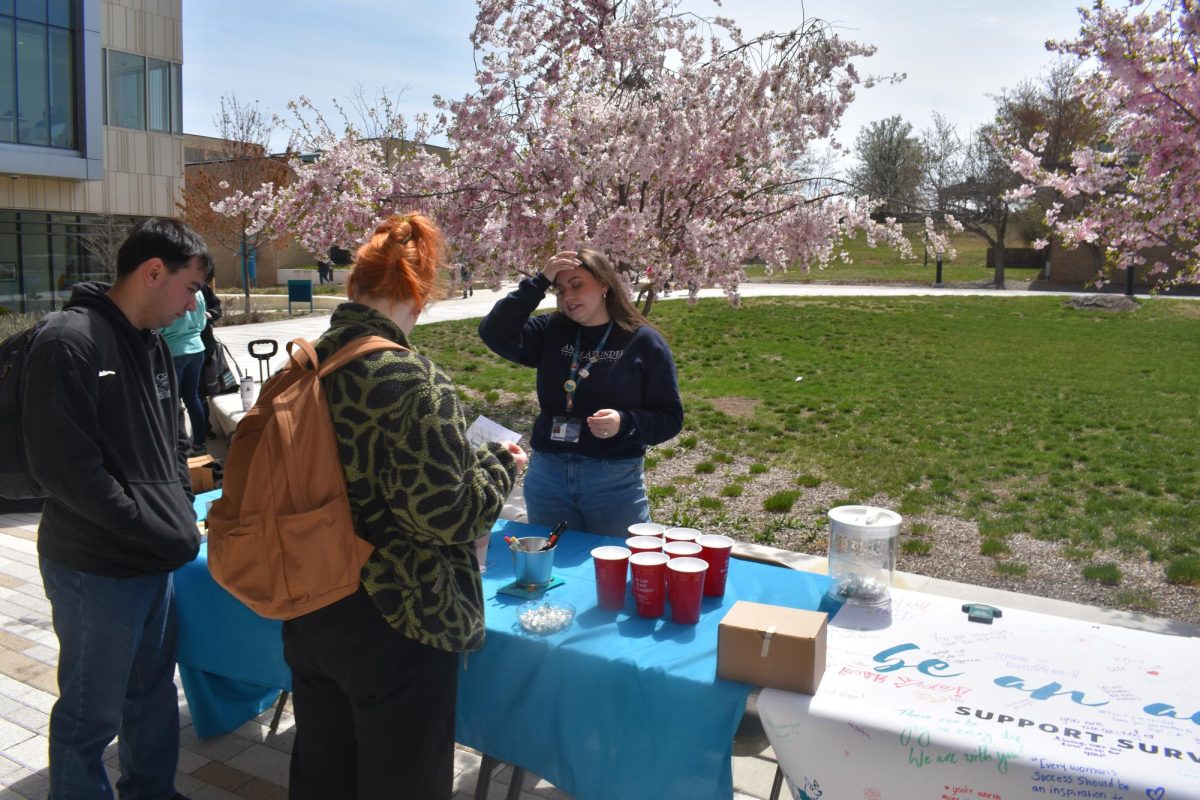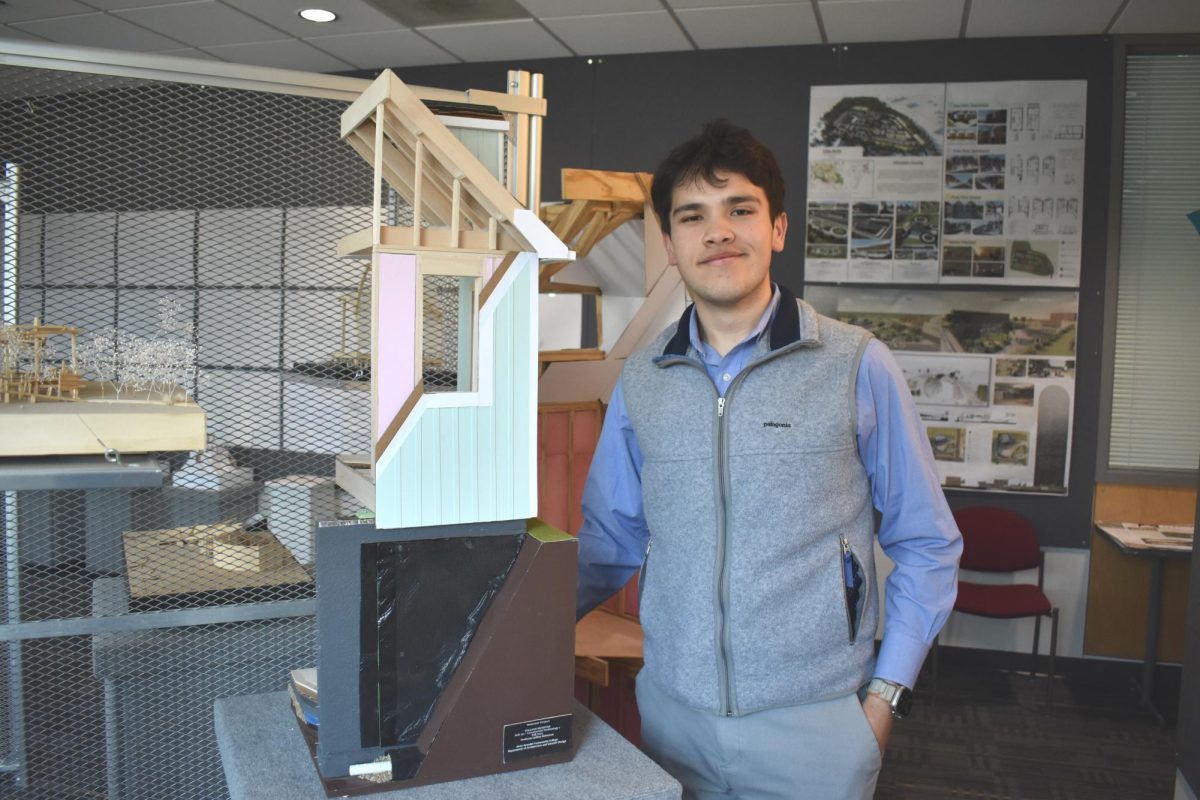What is power?
Two English professors said that is a “big question” and have designed a way for instructors to structure their courses to allow students to answer it in their classrooms.
With a $250,000 grant from the Teagle Foundation, professors Candice and Tim Mayhill, a married couple that created the Center for Liberal Arts Work—or CLAW—while on a joint sabbatical last spring, are advocating for seminar-style classes that incorporate discussions about power—or whatever the “big question” is in any given semester.
Seminar classes, Tim Mayhill said, are “a lot more fun. It’s a lot more active. You have a lot more agency as a student … in a seminar class than you do in another class. You’re in control of your education, and what you get out of it is what you put into seminar.”
In a seminar class, students spend their time in discussions with their professor and classmates rather than listening to lectures.
Professors who participate in training through CLAW can have their classes tagged in the course catalog as seminars so students who want to take seminar-style classes will know which ones to choose. So far, professors in subjects ranging from English to math to anthropology to communications have signed up to participate.
Tim Mayhill said a student who enrolls in multiple seminars will discuss power in the context of each of those disciplines.
“This is my education,” Tim Mayhill said. “This is how all of these things speak to each other and so in framing it around that big question, it makes sure that all of these disciplines are speaking to each other, because all those disciplines do speak to each other.”
All of the classes that are tagged as seminars will focus, at least in part, on the same big question, Candice Mayhill said, adding the question will change every two years.
“You might go to your English class and we’re reading a book and we talk about power and what it looks like there, and then you might go to a science class where you’re talking about sustainability and power,” she said.
Students may register for as few or as many seminar classes as they choose each semester. Professors may decide whether they participate in CLAW and teach seminar-style.
Candice Mayhill said eventually, students might be able to take all of their general education courses in seminar-based classes.
The professors said the online-only environment forced on students by the pandemic inspired them to create CLAW and promote seminar classes.
“Post-2020, when we had that COVID shift to online, all of the discussion kind of, like, went away,” Candice Mayhill said. “It’s an attempt to kind of bring that back again. … What is it that we like about face-to-face classes? It was that we actually got to talk to each other.”
The program, she said, helps students and professors “get back to why you wanted to enroll in a face-to face-class in the first place.”
“The reason why we teach is we’re super stoked about something, and we want you to be stoked about it too,” Tim Mayhill said. “And I think that we need a class format that allows you to be stoked about it.”



